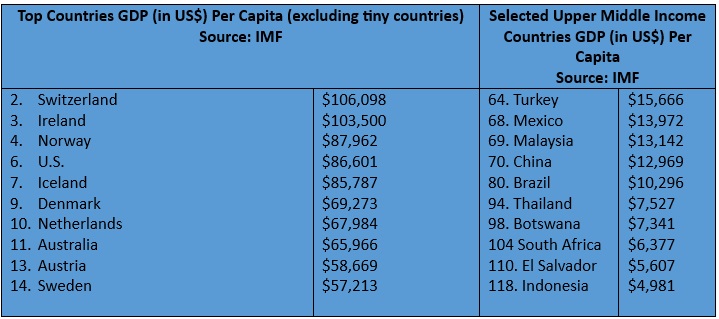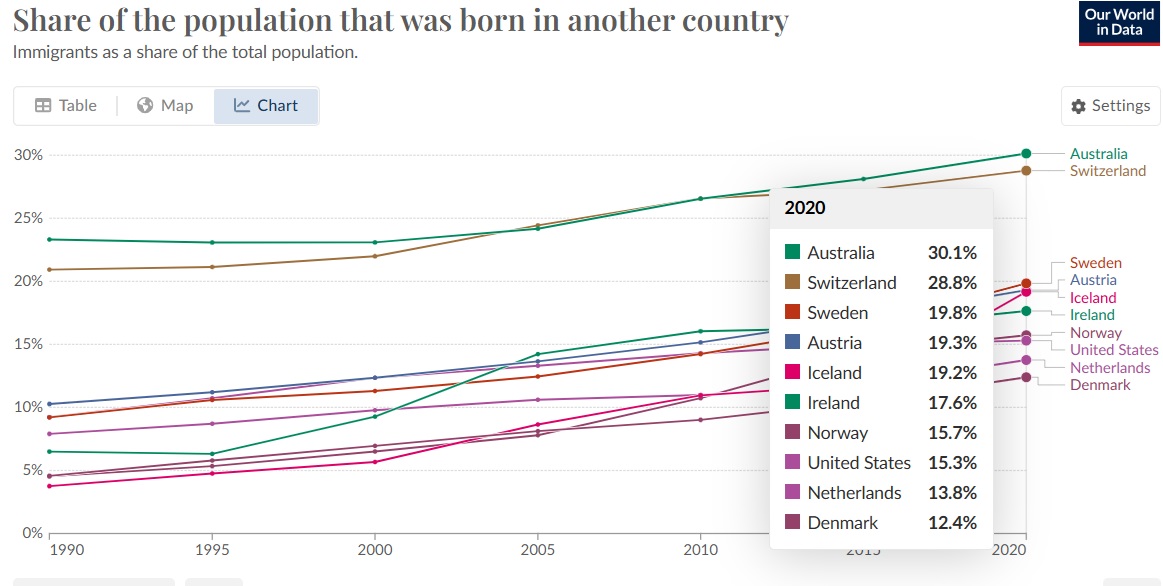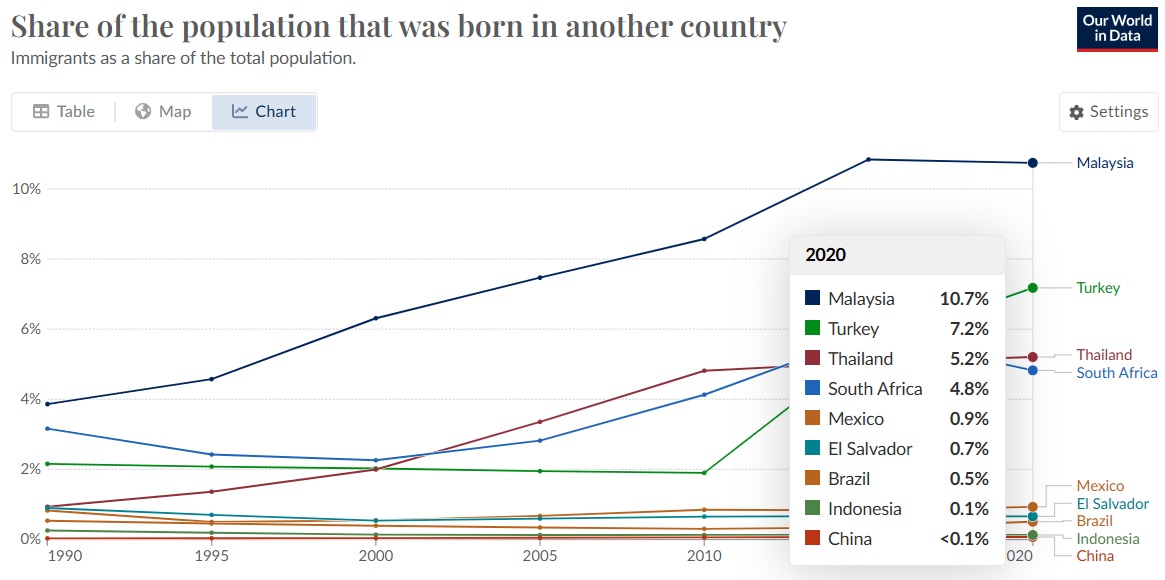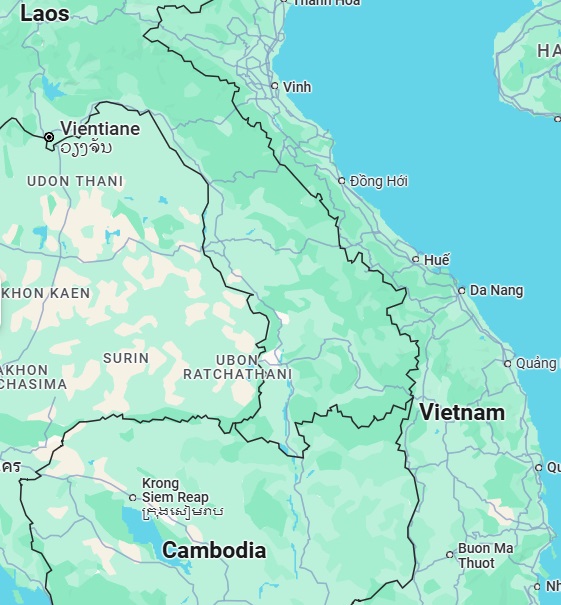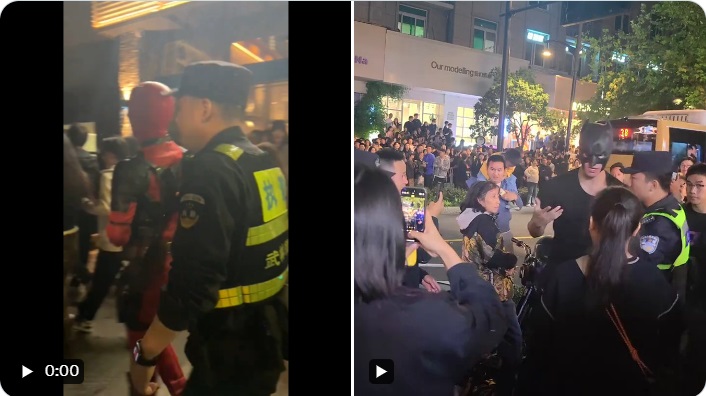When I was a kid I spent part of each summer visiting family in northern Virginia and New York City where our extended family lived. We were the only ones on the West Coast. We would stay with our grandparents in each place which was great fun for a child. I was reminded of this by a story in the Washington Post (no, we did not cancel our subscription) this week about the haunted old executive office building which is next door to the White House.
When we worked back in D.C. we occasionally had meetings in that building, including once when we accompanied our boss, U.S. Representative John Miller, to a meeting with then Vice President Dan Quayle. We never saw any ghosts or experienced eerie moments during that or at any other meetings in the building. Quayle was, contrary to popular opinion, quite friendly and certainly not scary. However, we did experience an eerie moment once in our grandparents’ house in Arlington, Virginia, just a short subway ride to the nation’s capital. Earlier in the day, we convinced our family to buy us a book about the ghosts of Washington. It contained story after story—all allegedly true!—about ghosts haunting the city, including Lincoln in the White House.
So, of course, at bedtime, we were reading the book in the upstairs guest bedroom of the old brick house on George Mason Drive, the bedroom door slightly ajar. The room was dark save for a single dim bedside lamp. As we read page after page of scary, eerie (true!) stories of ghosts in the city, the house grew quiet as even adults went to bed. And then suddenly the bedroom door slammed shut. We jumped in the bed, as did our heart. Who closed the door? Undoubtedly a ghost, we guessed, our thoughts possibly influenced by our reading material. We crept to the door and slowly opened it. Nobody was in the hall! So now it had to be a ghost, right?
Today, at a much later age when we would welcome a confrontation with a ghost (it would prove life after death), we assume it was our granddad, seeing the light on, who closed the door. But that’s not nearly as fun as a ghost. And so we haunt data on the Great Immigration Competition, Cambodia pulling out of an agreement with Vietnam and China’s crackdown on Halloween. It’s this week’s International Need to Know, the ghostbuster of international information and data.
Without further ado, here’s what you need to know.
Who Needs More Immigrants?
Perhaps later this decade or certainly by next, there will be a Great Immigration Competition. As countries’ populations age, and even decrease, they will be seeking more young people. And unless and until people start having more babies, they’ll have to get them the old-fashioned way, recruiting them from around the world. But, of course, today people around the world gripe about immigrants. It is a strange complaint given all the benefits they provide. We recently poked around GDP per capita and immigration data. In the left column of the first chart below, you can see the top countries for GDP per capita not including tiny countries and oil states. In the right column we select some of the upper-middle-income countries. Their GDP per capita is generally four to seven times smaller than the top countries on the left. In the second chart below you can see the percentage of the population that is immigrants in top GDP per capita countries. They range from Denmark’s 12.4 percent to Australia’s 30.1 percent. The third chart below lists the percentage of immigrants in the upper-middle-income countries we selected. The highest percentage is Malaysia at 10.7 percent. Most of them are below 1 percent. Some of these countries are already facing aging demographics. There are other reasons why they are not yet rich countries, but lack of immigrants is not helping.
Cambodia and Vietnam Border Issues
Two weeks ago, we talked about contentious issues between neighbors—Vietnam and India, both concerned about China and its dams. This week we bring you news of Cambodia ditching a two-decade agreement with its neighbors Vietnam and Laos. The Cambodia–Laos–Vietnam Development Triangle Area (CLV-DTA) agreement was signed in 2004 with the aim to “promote stability and security, reduce poverty and foster socio-economic growth” in the border regions of these three countries. But Cambodia’s government exclaimed, enough, expressing concerns about national resources, as well as sovereignty issues. The latter was because of concern over Vietnamese crossing into Cambodian border areas, which led to protests in Cambodia (sound familiar?*). Vietnam-Cambodia relations have already been tense because of China’s building both military and port infrastructure in Cambodia. Neighbors often have issues. In the renewed wild west world we are currently living in, we expect there to be more and deeper border issues.
*As discussed above, we have been predicting in the future a great competition for immigrants. As most countries populations decrease, they will need more people. But the future has not arrived yet and so at the moment we live in an age of anti-immigration. Eventually that will change.
China Corner: China Hates Halloween?
We and our International Need to Know Spouse (INTNS) are attending a Halloween party tomorrow (yes, on November 1, the day after Halloween—our friend apparently celebrates Greek Orthodox Halloween, which, like Christmas, does not fall on the same day as celebrated by the West). We will be coming as…well, you will have to wait to see. We are fortunate the party is not in Shanghai, Hangzhou or Guangzhou because in those cities we would be arrested for wearing costumes. Yes, the Communist Party of China, which clamps down ever more tightly on civil society, has now cracked down on the dangerous Halloween tradition of dressing up. Rei Xia reports that “China’s police are cracking down on Halloween with unexpected intensity: streets in Shanghai packed with police cars, human barricades of police, road barriers…Anyone in costume is immediately arrested, forced to remove makeup or even clothes.” Why, you and any common sense reader may ask, would they do this? Because last year on Halloween, after the Covid lockdown, some folks in Shanghai took the opportunity to make subtle digs at the ruling clique with their choice of costumes. Again, Rei Xia tells us that “One dressed as the drag Beijing opera singer from the movie Farewell My Concubine, showing his moment of being persecuted during the Cultural Revolution. Another embodied surveillance camera, mocking China’s intense surveillance.” So, all costuming is now out during Halloween in Shanghai (and yet candy corn is still allowed. smh). China is a huge threat to the world but we must remind ourselves that banning Halloween costumes is a sign of weakness, not strength.

